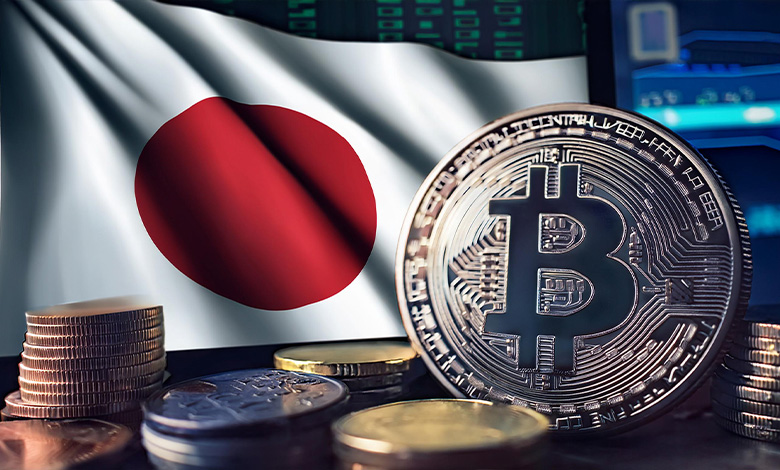Japan Moves to Classify Crypto as Financial Products, Tighten Insider Trading Rules, and Slash Taxes

Japan is preparing a sweeping overhaul of its cryptocurrency regulatory framework, laying the groundwork to treat digital assets more like traditional financial instruments while lowering the tax burden for investors.
According to local media reports, the Financial Services Agency (FSA) is drafting legislation that would formally categorize cryptocurrencies as financial products under the country’s Financial Instruments and Exchange Act. The move would bring Bitcoin, Ethereum, and more than 100 other tokens traded on domestic exchanges under the same market conduct rules that govern equities.
Insider Trading Curbs Enter the Crypto Arena
A core pillar of the proposal is the introduction of insider trading rules for crypto, something Japan has not explicitly enforced until now.
Under the draft measures, individuals or entities with access to non-public information tied to token issuers, exchanges, or listing decisions would be prohibited from trading ahead of material events such as listings, delistings, or bankruptcy disclosures. The aim is to close gaps that have long allowed information asymmetry to flourish in the digital asset market.
To support enforcement, exchanges would also be required to publish more detailed disclosures for each of the 105 approved cryptocurrencies, including data on issuers, underlying blockchain technology, volatility levels, and related risks. Regulators say clearer reporting is needed to strengthen investor protection and raise transparency standards.
A Major Tax Reset: From 55% to a Flat 20%
Japan is also preparing to ease one of the world’s toughest crypto tax regimes. Currently, crypto earnings are classified as “miscellaneous income,” meaning top-bracket taxpayers can face rates of up to 55%.
The FSA is pushing to migrate crypto taxation to the same structure used for stocks, a flat 20% capital gains rate. Policymakers hope the shift will discourage offshore trading, simplify tax reporting, and revive domestic market activity.
Banks and Insurers Could Soon Offer Crypto
The reform package may also broaden crypto distribution. Banks and insurers could be permitted to sell digital assets through their securities subsidiaries, creating regulated pathways for retail investors and expanding access beyond native crypto exchanges.
The agency is separately evaluating whether banks should be allowed to hold Bitcoin directly on their balance sheets, a move that would represent a significant departure from longstanding restrictions tied to volatility and capital requirements.
Tighter Scrutiny Across Japan’s Markets
The regulatory reset comes amid broader oversight efforts across Tokyo’s financial system. Japan Exchange Group is reportedly considering stricter rules for companies attempting to pivot into crypto via backdoor listings. Several firms have already paused planned digital-asset purchases after pushback from authorities concerned about their risk exposure.
Legislation Expected in 2026
The FSA intends to present its crypto reform bill at the next ordinary parliamentary session, expected in 2026. If approved, the changes would mark one of Japan’s most consequential regulatory updates since it became an early adopter of crypto rules nearly a decade ago.
For traders, the reforms promise clearer disclosures, more consistent taxation, and protections against information abuse. For institutions, they signal a pathway toward deeper participation in one of the world’s most heavily regulated digital-asset markets.





